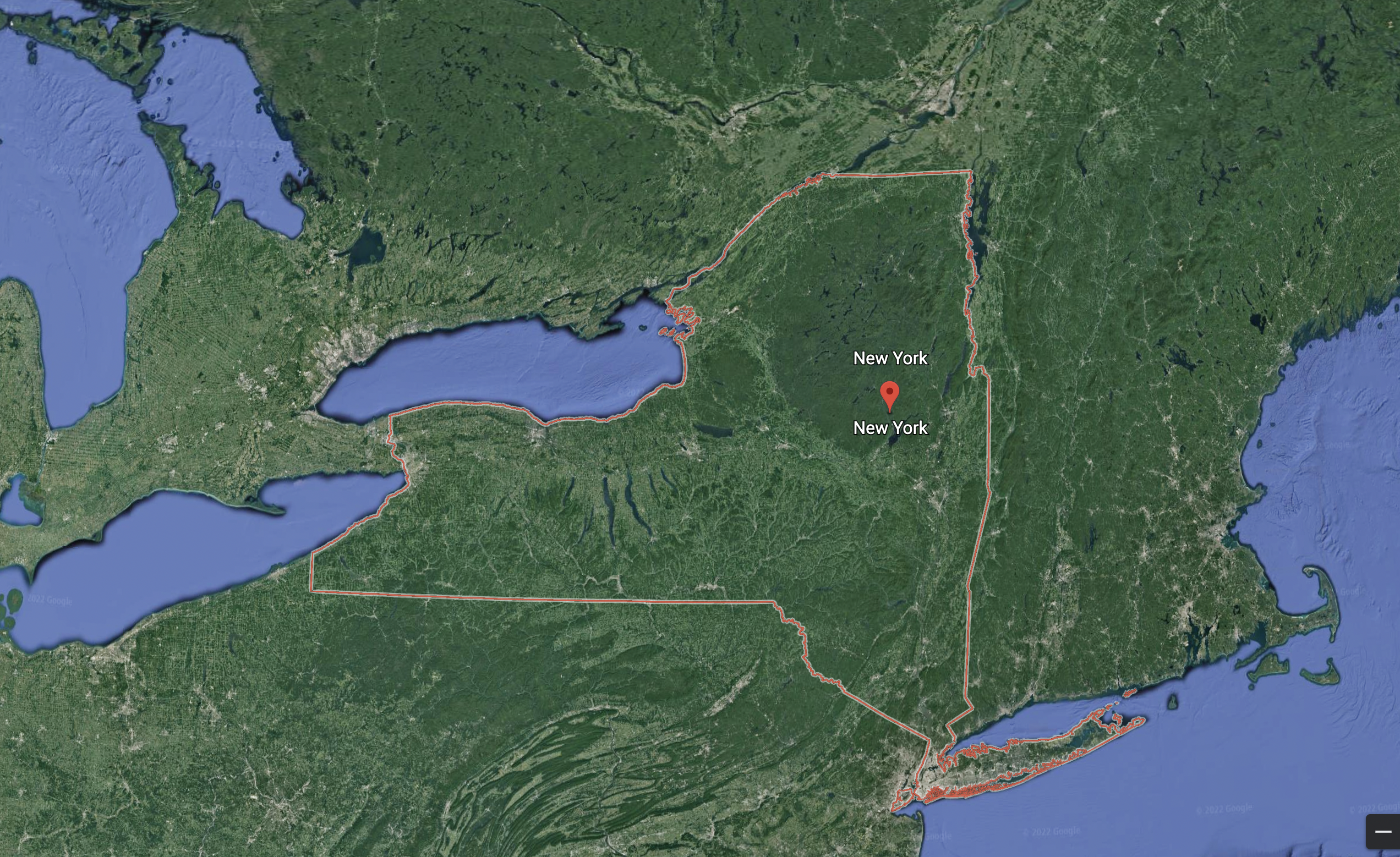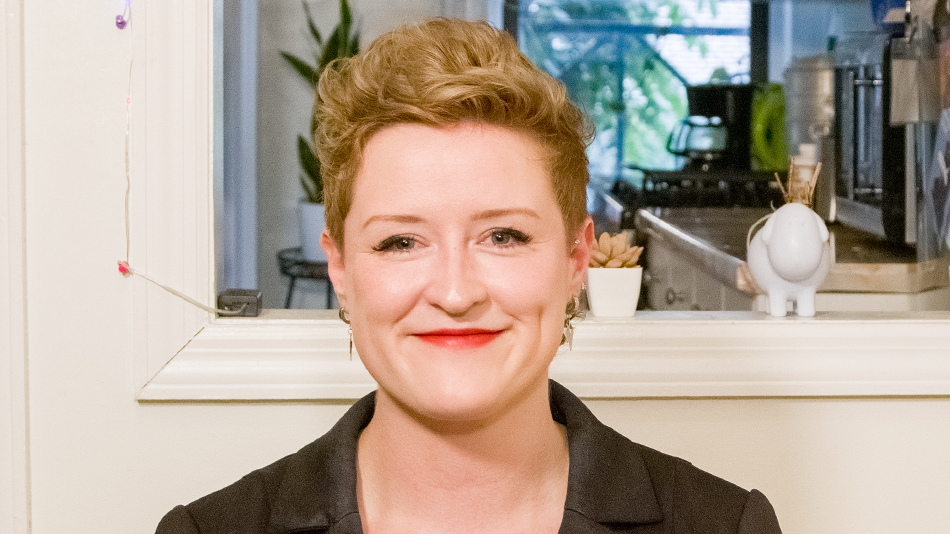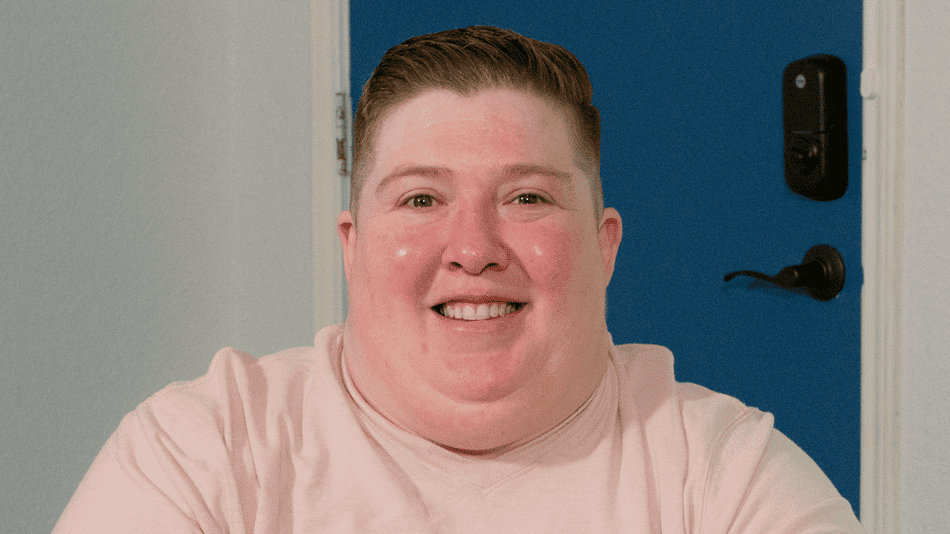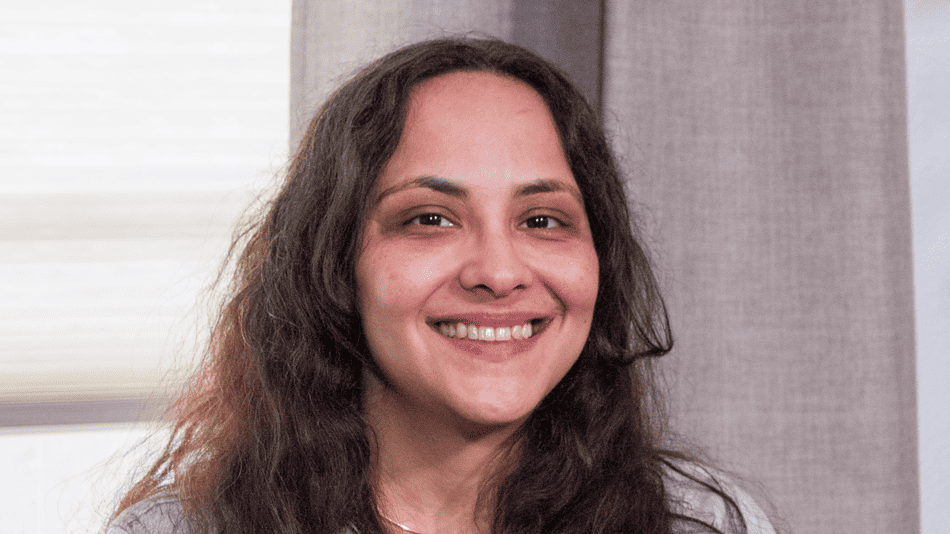
I drove past the house this weekend. Some goateed stout guy I’d never seen before sat on the front steps nonchalantly reading a magazine. The nerve of him, the trespasser, sprawled out on our front steps like he owned the place.
But, of course, he did own the place, now. The thought was a punch in the gut.
Six months ago, my dad sold the house where I grew up. I have been surprised at the depth of my feelings of loss. I wonder how much my experience of growing up queer there intensifies the transition.
The house is a brick colonial in Rust Belt suburbia, on a street canopied by maple trees. A great place to be a kid, wearing whirligig maple keys on the end of your nose. Not such a great place to be, shall we say, a righteous babe.
In 1993, after the big gay march on Washington, some friends and I started a gay student group at Niskayuna High School, in Schenectady, New York. We called the group Visibility. Little did we realize how visible we’d be.
A lot of people gave me a hard time for being queer (gay, feminist, outspoken, what have you) in high school. There were a lot of incidents: I was name-called, prank-called, chased home, I ran away from home for three days (to New York), I violated the school attendance policy in one of my classes and was nearly held back, the principal accused me of falsifying complaints “to further your cause” – oh, I had a hell of a time. I was pretty much always scared and no one took it seriously.
Near the end of senior year, in June 1995, I was walking after dark, just a block from our house, when a car sped up and came towards me. I switched to the other side of the road, but the car swerved right at me, the guys in the car screaming at me – “DYYYKE!” I ran behind a tree, and they sped off.
I made the Great Queer Migration to New York City just two months later, or as soon as I possibly could, and have lived here ever since, ensconced in my big queer tribe.
It’s a common queer narrative, from Molly Bolt to Michael Tolliver: Queer person flees small town, migrates to big city, finds tribe. How ironic to think that in growing up small-town queer, so often in apparent isolation, we are actually participating in collective, community experience.
After my own migration, I held onto my anger for a long time. I used to wish my family would sell the house and start over in a new town. A decade ago this would have been a dream come true.
But I kept visiting. Mostly I went for my mother – for many years she struggled with breast cancer, and by 2000 it was vastly easier for me to come up than her to come down. As we kibbitzed at the kitchen table, or stood together on the back porch watching a thunderstorm, I found myself glad to be there. And when she passed away in 2003, and my father called to ask me how to use the microwave, I visited to be with him.
I started to revisit some of my old nature haunts, all within hiking distance of the house. I learned to recognize the birds – a raucous crow, a whistling chickadee – that before had been just background noise. I strolled along the Mohawk, swimming in a secret cove as New York City sweated out another record-breaking heat wave.
And I came to remember: before I hated Schenectady, I loved it. I loved it back when it was all I knew, and now I loved it knowing what else was out there. Maybe this sounds corny, but it wasn’t; it was work, and it was worth it.
And that’s what irks me about the queer migration narrative: I don’t hear any healing in it, just fleeing. What about what we leave behind, back home?
Just as I learned to love my hometown, our family left. I feel like I showed up just as the party let out – compounding the loss of the house, the memories let loose. If leaving had felt like a choice, would I have an easier time now, saying goodbye?






Share